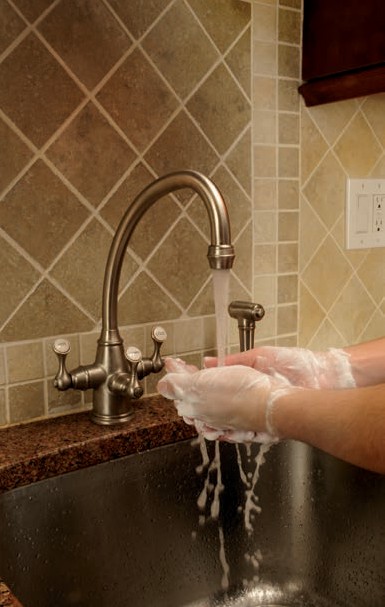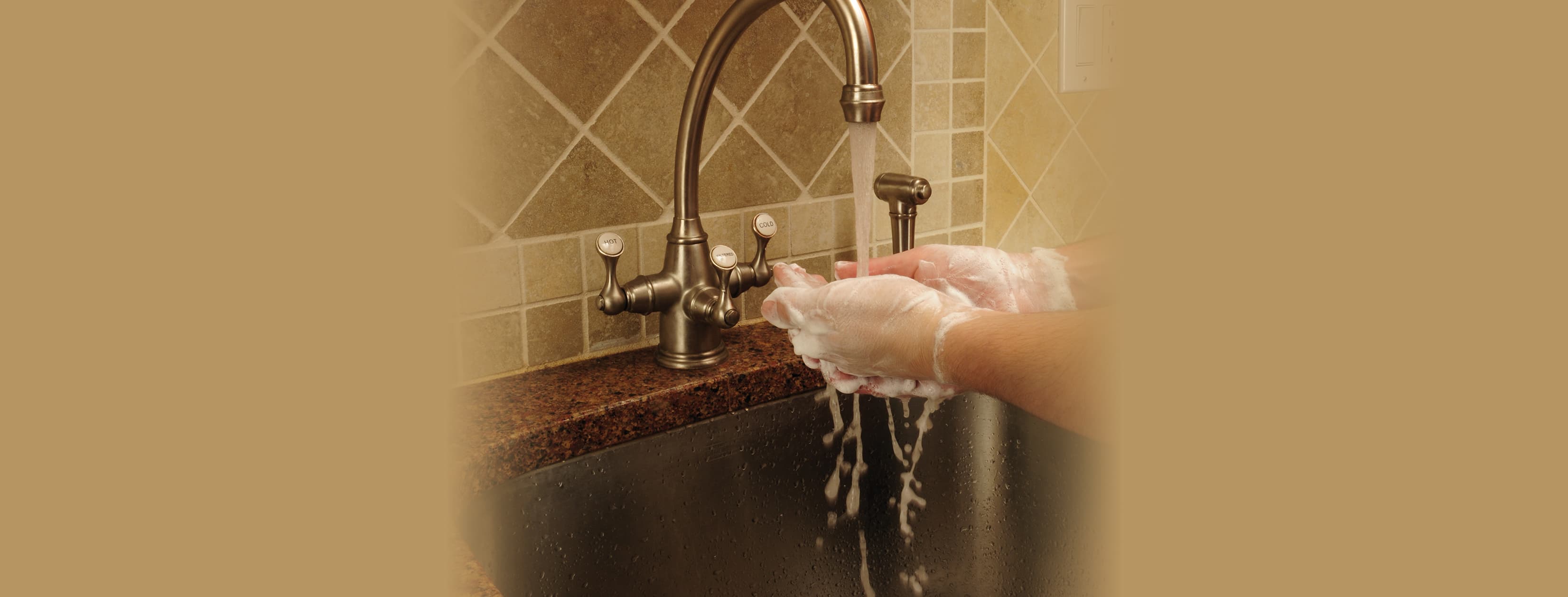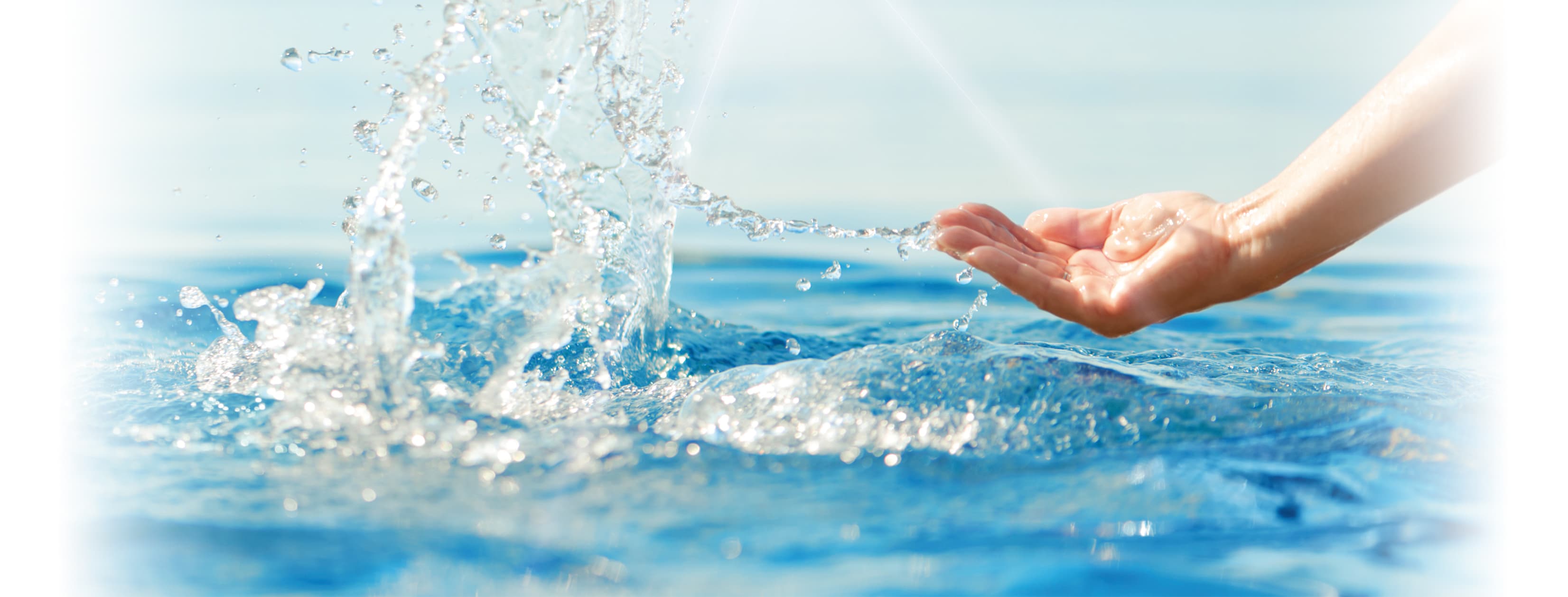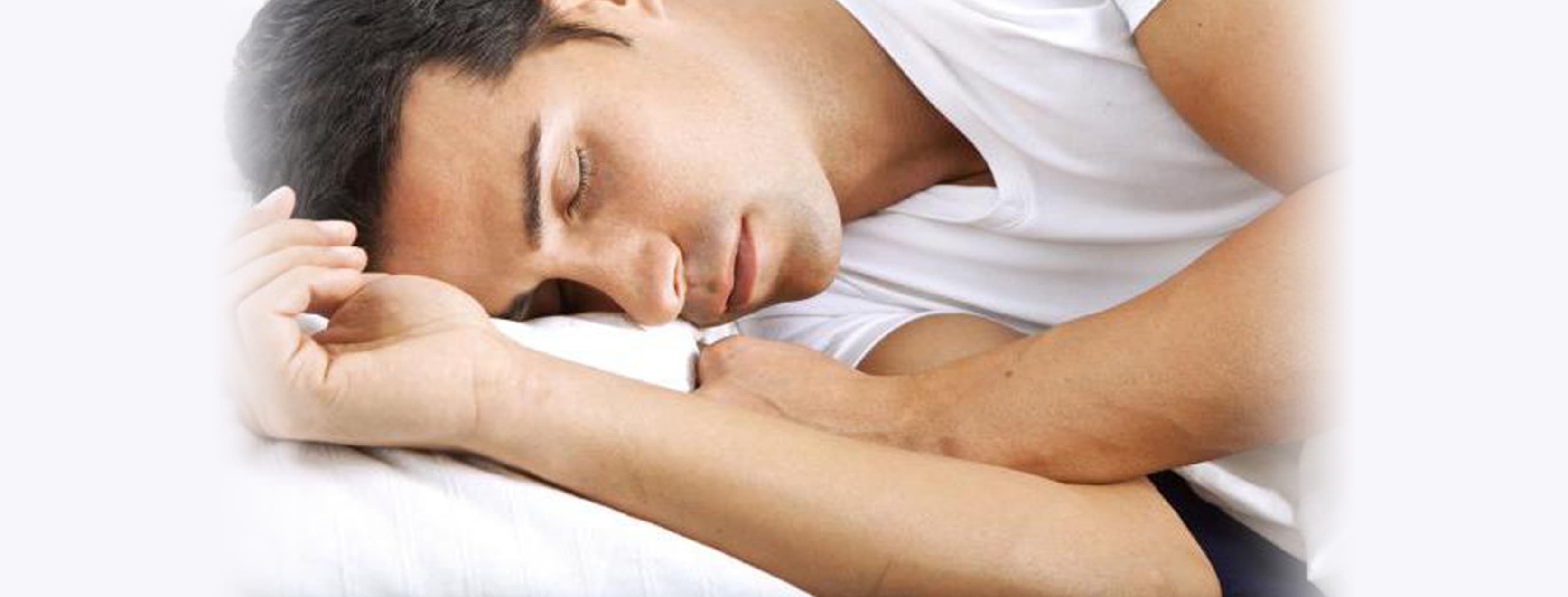- The Arabic word najaasah denotes all physical substances which Islam considers impure and commands us to remove them before engaging in an act of worship.
- The general rule in Islamic law (Sharee‛ah) is that all things are considered pure, and physical impurity (najaasah) is only an intervening factor. Thus, if a person has doubts as to whether or not his trousers, for instance, are clean or not but there is no proof for any type of physical impurity on them, then they should be assumed to be clean, following the general rule.
- If we wantto pray, we must first remove all physical impurities from the body, clothing and the place where we intend to offer the prayer.
Things that are considered impure include the following:
| 1 | Human urine and faeces |
| 2 | Blood (except if it constitutes an insignificant amount) |
| 3 | Urine and dung of animals that are considered unlawful for human consumption (See page 189) |
| 4 | Dogs and pigs |
| 5 | Dead animals (except for those ones that are considered fit and lawful for human consumption and have been slaughtered according to Islamic rules (See page 190)). Human corpses, fish and insects are considered pure. |
Removing Physical Impurity
Physical impurity on the body, clothes, place where the prayer is intended to be performed, or anything or anywhere for that matter, can be removed with anything, be it water or otherwise, for Islam commands removing it. It is not stipulated as to how many times it must be washed off, except in the case of the physical impurity of a dog (i.e. its saliva, urine and faeces), where it must be washed seven times, one of which must be done with earth. For the rest of physical impurities, they must be washed off, and if some smell or stubborn stains remain after washing, they may be ignored. Once a woman asked the Prophet ﷺ about washing off menstrual blood, and he said, “It would suffice to wash it off, and you do not have to worry about any stains that are left.” (Sunan Abu Daawood: 365)

Physical impurity can be removed with water or any other cleanser
Toilet Etiquette
- A Muslim is recommended to enter the toilet with the left foot first after saying, Bismillaah. Allaahumma inneea‛oodhu bika min-al-khubthi wal-khabaa’ith (I seek refuge with You, O Allah, from the male and female jinn)
- He is also recommended to leave the toilet with the right foot first and then say, “Ghufraanak”(I seek Your forgiveness, O Allah).
- He must cover his private parts while answering the call of nature.
- He must not answer the call of nature in a place where he may be seen or where he may offend people. Doing so is strictly forbidden
- If he is out in an open space, such as the desert, he must not relieve himself in a hole, as he may either harm creatures that live in holes in the ground or be harmed by them. Doing so is strictly forbidden.
- He must not face the qiblah, the direction of the Ka‛bah in Makkah towards which Muslims pray, or turn his back towards it, for the Prophet ﷺ said,“When you are answering the call of nature, you should not face the qiblah or turn your back towards it.”(Saheeh Al-Bukhaaree: 386; Saheeh Muslim: 264).This mainly applies if one is out in an open space. There is no harm, however, to do so in buildings, such as in present-day toilets.
- He must try to be careful not to have any impurities splashed onto his body or clothes. If this happens accidentally, then one must wash the impurity off the affected place thoroughly.
- Once he has relieved himself, he must:
-
-
either his private parts thoroughly with water. This act is called istinjaa’ in Arabic.
-
or
clean them three or times or more with anything that would serve the purpose, such as toilet tissue or stones. This act is called istijmaar in Arabic.
It is recommended to use the left hand for cleaning the private parts.
-
-


